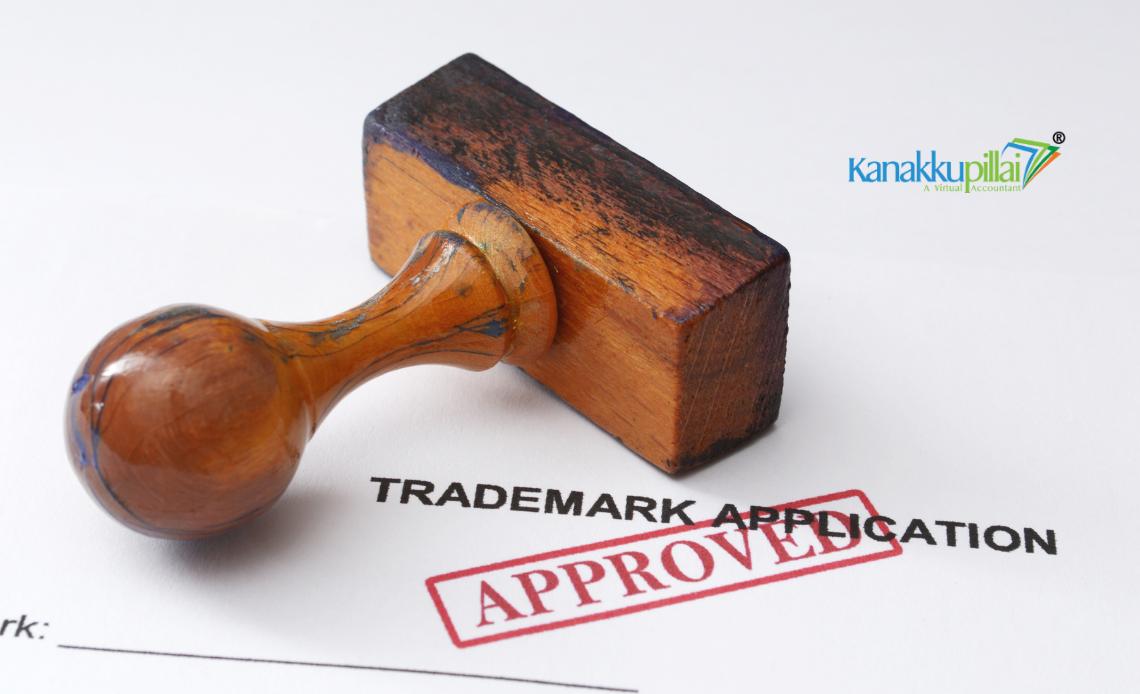Nothing can be as satisfying for an entrepreneur or owner as officially turning their business idea into a company. Whether starting a new venture or expanding your business, protecting your brand is crucial, and here, trademark registration plays a significant role. Your intellectual property is not misused, and you alone can use your brand name or logo as a result.
What is a Trademark?
A trademark is a legal symbol, like a word, name, signature, label, number, or a mix of colours. It allows you to differentiate the things you sell from those offered by the competition. The Trademarks Act, 1999, in India governs trademarks, and after registration, it offers the registrant exclusive rights to the trademark.
With a trademark, a business is better recognized, it also protects against unapproved use and makes it simpler for people to spot and judge the standard of goods or services. It is also very valuable in marketing, licensing, and franchising activities. The registered mark is labeled with the ® symbol to show a public claim by its owner.
Process of Trademark Registration in India
Step 1: Look for existing Trademarks so that you don’t choose the same one
The first step in trademark registration in India is to ensure that the brand name or logo you plan to use is not already taken. The government thoroughly examines its references and reviews national discussions. Therefore, you can see if anyone else has made a similar mark and avoid getting your application rejected.
Step 2: Submitting Your Application for a Trademark
When the availability has been approved, you should now submit and create the application for the Trademark Registrar. You need to file the application using the correct form, which should have three completed copies and represent the mark clearly ten times.
The form should list the type of goods or services, provide explanations for those goods or services, and include important information about the applicant, such as their name, nationality, occupation, and whether they intend to use the trademark currently.
Step 3: Planning and Careful Review
An application number is typically assigned to an application within one to two working days after submission. The Trademark Officer then checks the case. The Officer may approve your research for publication or offer comments to get more information. After being accepted, the next phase of the process is started.
Step 4: Publication in the Trademark Journal
After being accepted, the trademark is printed in the Trademark Journal, and within three months, any opposing party can raise concerns. Among other information, the mark’s image, the applicant’s data, the filing date, and any adjustments are given in the publication. If a challenge is not made or if it is dealt with, registration is completed.
Step 5: Issuance of Registration Certificate
When all parties accept the application and the journal is published, the Trademark Registration Certificate is given. Registrations of the mark have been completed, so its owner is allowed to add the ® symbol. The strength of your brand’s identity increases, and it protects you from anyone using your brand unfairly.
Kanakkupillai Can Help You Register Your Trademark
Trademark is not limited to being a safety net, trademark protection also can give an advantage to a business. Kanakkupillai simplifies this process with a team, legal expertise, and operations across multiple locations in India.
You can go to www.kanakkupillai.com or write to us at support@kanakkupillai.com for your registration process or for help from an expert. Maintaining your brand is crucial. Find out how you can get security with the help of Kanakkupillai.





